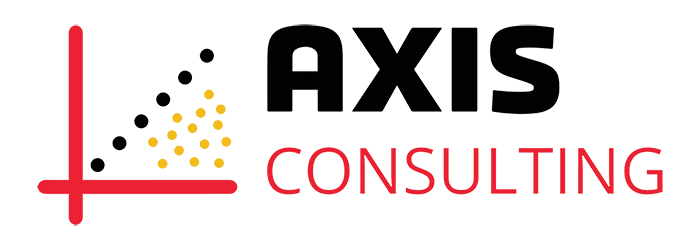Call at ISPOR Europe for the formation of a collaborative working group on artificial intelligence to agree on “rules of engagement” to ensure the best standards in its use.
Artificial Intelligence Can Reduce Evaluation Timelines … if used transparently. At the ISPOR Europe meeting in Copenhagen on Monday 13 November, the moderator of one of the sessions called for the constitution of a collaborative group with the participation of representatives from all sectors to establish standards in the use of artificial intelligence (AI) to support health technology assessment (HTA). Brenda Dooley, managing director of the consulting firm AXIS, is convinced that this type of tool can be used and be extremely useful “as long as the process is totally transparent so that there are guarantees that the information obtained is reliable”.
Dooley’s session, ‘Artificial intelligence and machine learning tools, key to future NICE evaluations … a prospect or a pipedream?’, included Andrée Bates, an expert in AI in the biotechnology sector; HEOR & HTA consultant Steve Beard, and Professor of Health Economics and Health Policy Dawn Lee.
Dooley explained that, in the last decade, interest in tools such as AI and ML (machine learning) has increased “exponentially” in the healthcare sector.
“As we approach 2024, there is a clear movement to the next phase in terms of the adoption of these technologies, with the focus on developing practical aspects,” she said.
Both tools are being analysed as supporting elements in key analytical processes and information gathering for HTA.
The truth is that, for the sector, these instruments have the capacity to speed up the preparation of dossiers, in addition to the subsequent deadlines in applications to regulatory agencies and decision-making processes.
The result, she said, will be faster decisions in the evaluation of new drugs, and ultimately, an opportunity to reach patients sooner.
In sectors other than healthcare, it has been seen that AI technology can make huge leaps in very short periods of time.
According to a recent analysis published in the journal Frontiers, there are few studies that focus on the use of AI in the evaluation of new therapies. Its authors suggest that the HTA community begin to explore best practices for leveraging artificial intelligence in its work, as well as taking the first steps to develop recommendations on how big data can contribute to generating more accurate information when evaluating health technologies.
Dooley said: “These technologies are coming into the world of HTA, whether we are ready or not, and I think it is crucial that the key players come together, the sooner the better, to shape the future of the HTA industry together.”
In her view, it is important now to make decisions about the rules (and “limits”) to be imposed on evaluation files. If lead times can be reduced thanks to AI and ML and “life-saving” medicines can be delivered to patients sooner, it is a process “that we all want to see underway”.
She is convinced that AI-generated content can be, and will be, at the core of review requests, “but it is crucial that we do so with high levels of transparency and reliability.”
Original source translated from Diario Farma

